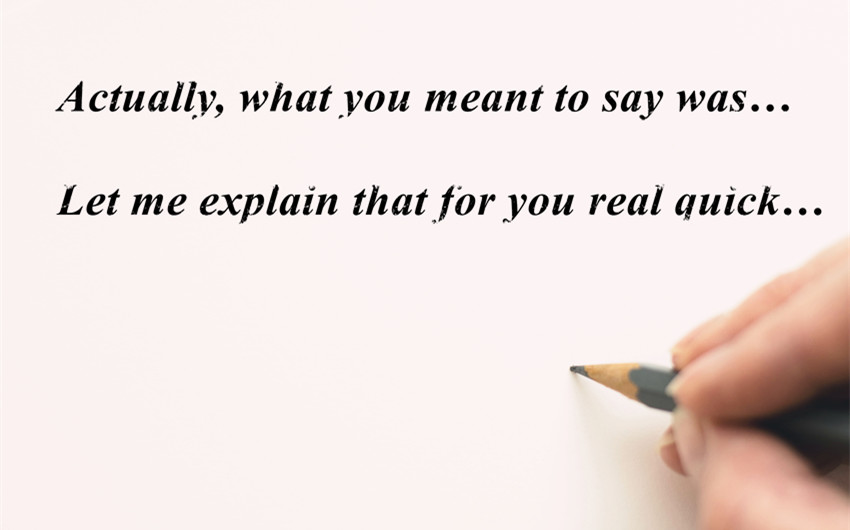What Is a Reply Guy Online: 3 Important Truths
If you’ve spent any time on Twitter or other social platforms, you’ve probably seen someone who replies to nearly every post—offering unsolicited advice, trying a bit too hard to be noticed, or hijacking the conversation altogether. This common online behavior has earned its own name, and if you’re wondering what is a reply guy, you’re not alone.
The term has become a popular way to describe a certain type of internet user who just can’t help chiming in. In this article, we’ll break down what it means, where it came from, and how to spot the difference between engaging and overstepping.
Definition of a Reply Guy

The term “reply guy” refers to a specific type of online behavior, most commonly found on platforms like Twitter, Instagram, or TikTok. A reply guy is someone—often a man, but not exclusively—who consistently and persistently replies to posts, especially from public figures or creators, in a way that feels unnecessary, attention-seeking, or socially awkward. The behavior is usually directed toward women, but not always, and it tends to come across as overly eager, overly familiar, or self-important.
What sets a reply guy apart isn’t just the fact that they reply often—it’s how and why they do it. A reply guy might offer unsolicited advice, try to correct someone in a condescending tone, or attempt to insert themselves into conversations where their input isn’t needed or invited. They may think they’re being helpful, funny, or flirty, but the result often feels intrusive, performative, or tone-deaf to others.
The phrase has become a form of online shorthand used to describe this behavior without needing a lengthy explanation. It’s less about attacking individuals and more about naming a recognizable pattern of social media conduct. Over time, “reply guy” has evolved into a meme, a stereotype, and a cautionary tale rolled into one. Understanding the term helps people navigate digital conversations more mindfully—especially when it comes to respecting boundaries and reading the room online.
Examples and Memes

The reply guy has become such a recognizable part of internet culture that he’s practically a meme in his own right. Once the term entered the social media lexicon, users began sharing screenshots, jokes, and viral posts that highlighted classic reply guy behavior in action. These examples are often exaggerated, but they effectively capture the types of interactions people are referring to when they use the term.
A typical meme-worthy reply guy might comment something like:
-
“Actually, what you meant to say was…”
-
“You’d be prettier if you smiled more.”
-
“Let me explain that for you real quick…”
-
“Just trying to help!”—on a post that clearly didn’t ask for advice.
These kinds of comments often appear under tweets from women, celebrities, journalists, or influencers. The reply guy tends to assume a level of familiarity that doesn’t exist, often treating every post as an invitation for his commentary—even when it’s not relevant or appropriate.
Online, people have embraced the humor in spotting reply guys. Entire Twitter threads have been dedicated to collecting the funniest or most awkward examples. In some cases, high-profile users have even posted “reply guy bingo” cards, filled with clichés like “asks for sources on a joke,” “corrects grammar,” or “responds with a wall of text.”
There’s also an ironic twist to the meme: occasionally, someone trying to call out a reply guy becomes one themselves by over-explaining the concept or replying excessively in defense. This kind of self-awareness adds to the joke and makes the term more layered and nuanced.
It’s important to note that these memes are not always about malicious behavior—they’re often about social tone-deafness, or someone not recognizing how their constant commenting is perceived. That’s part of what makes the reply guy meme so relatable and enduring: we’ve all seen it, many have experienced it, and some may have even unintentionally been the reply guy at one point.
When It’s Harmless vs. When It’s Problematic
Not all frequent repliers are reply guys—context, tone, and boundaries matter. Here’s how to tell the difference:
When It’s Harmless
-
Replies are occasional, respectful, and on-topic.
-
Shows support or appreciation without demanding attention.
-
Doesn’t assume personal familiarity with the poster.
-
Responds only when it adds genuine value.
-
Stops or pulls back if engagement isn’t reciprocated.
When It’s Problematic
-
Replies to nearly every post from the same user.
-
Offers unsolicited advice, corrections, or explanations (“well actually…”).
-
Inserts themselves into unrelated conversations or threads.
-
Ignores signs of disinterest or silence from the poster.
-
Uses replies to subtly flirt, perform, or seek validation.




